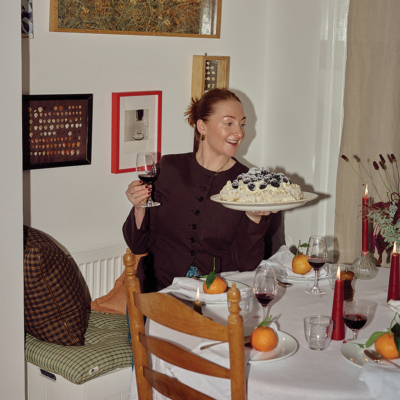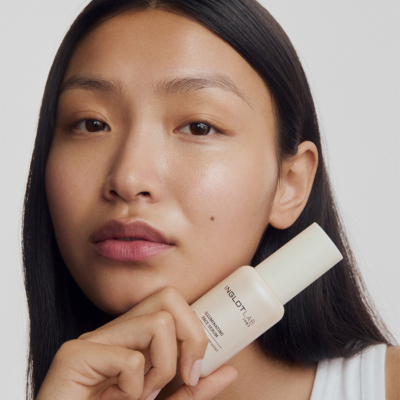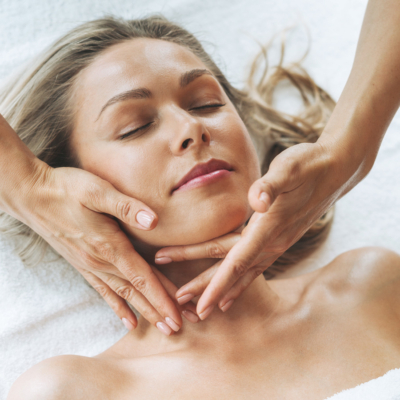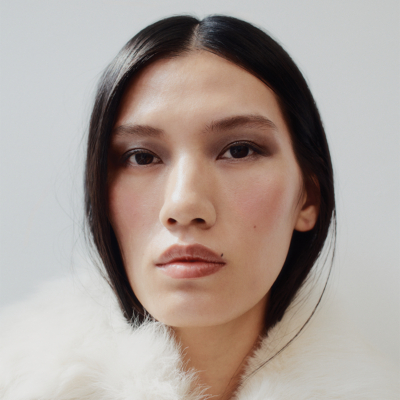Many women, young and old, are now opting for cosmetic procedures. Denise O’Neill explains why she thinks we should all be comfortable in our own skin and embrace the effects of ageing …
When we see the term ‘anti-ageing’ presented to us with great gusto in advertising, on product labels, in magazines, in the media, and online, what exactly does it mean?
The definition of ‘anti’ is to be against, opposed or resistant to something. So, why are we being conditioned to resist ageing which is a totally natural process of growth and self-evolution? Why are we being sold the myth that in order to be a complete, happy and fulfilled human being of value and beauty, we have to look young? Why do we live in a youth-oriented society?
The signs of ageing – wrinkles, jowls, laughter lines, baggy eyes – come to us all as time goes on. We age differently depending on our genes, sun or cold weather exposure, lack of sleep, cigarette smoking, alcohol intake, substance abuse, stress and illness. We even age from smiling. It is a normal process of living.
We receive the anti-ageing message in all sorts of facial beauty products: day creams, night creams, under-eye creams, eyelid creams, neck restoring formulas, neck and jowl creams and lip-plumpers. Every area of the face has a cream! There are many cosmetic treatments available too to eliminate and prevent the signs of ageing including face lift, neck lift, brow lift, eye bag removal, fillers, Botox injections, micro dermabrasion, laser treatment, chemical peel and lip plumping injections. The beauty and cosmetic-procedures industries are financially booming. They have been very successful in getting their anti-ageing message out with clever marketing and, in my opinion, it is very worrying to see that some younger people are having preventative treatments done. The long-term effect of cosmetic treatments, both mentally and physically, are not yet known. Are they really worth the risk?
Increasingly, magazines and websites are displaying overly-edited images of faces with every flaw, line and pore erased from them. A certain amount of editing is required to get the best and most flattering image and that is understandable. The subliminal anti-ageing message is conveyed through the use of the perfect, flawless, non-wrinkled face and this type of influence on consumers contributes to the mind-set that ageing is not the way to go. Alongside that, with the advancement of technology, the use of mobile phones and the interaction on social media, the sharing of personal images has become second nature to us all. Everyone wants to look good and we are all now our own personal editors of our photographs. Are we becoming obsessed by wanting to look younger and erasing our lines? Have we all bought in to the anti-ageing message no matter what age we are? Is it affecting how we view ourselves and does it affect our mental health?

Denise O’Neill photographed by Reinis B Photography
The human face is made up of 43 muscles which work harmoniously together to display all kinds of emotions – joy, sadness, anger, laughter, worry, fear. When we interact with people, along with what they say, we can see in their faces what they are communicating to us. So, when we fill the lines and wrinkles and tighten up the sagging skin, we diminish that facial communication. For example, if someone’s face is injected with Botox, let’s say the forehead or in the eye area, it breaks the harmony of movement of the muscles and the expression of communication is not complete. It’s like the circuit is broken. It looks like there’s something missing and we feel that we are not fully getting what they are communicating to us. To put it another way, faces can become puffed, frozen, expressionless and, in extreme cases, unrecognisable. True emotions are hidden and trapped under a mask of rigidness. That special factor unique to each one of us, our character, disappears.
According to research conducted by the Royal Society for Public Health (RSPH) ,which was published in June 2018, almost half of women and a quarter of men feel an immense pressure to maintain a youthful appearance. The RSPH is calling for the term ‘anti-ageing’ to be banned across the beauty and cosmetics industry:
“We call on major outlets such as Boots and Superdrug, and beauty industry magazines, to follow the lead of Allure magazine 84 and ban the use of the term ‘anti-ageing’, and to re-focus their ageing narrative on opportunities to be embraced rather than processes to be resisted.”
A TEDx Talks event, given by the late Cindy Joseph (Make-up artist, model and Founder/CEO of ‘Boom!’ cosmetics company) in September 2014 describes how our anti-ageist viewpoints are formed and offers a new and positive way to consider what getting older is all about. Cindy rightly tells us “Ageing is simply another word for living”.
Whilst it is always personal choice about how we adapt to and present ourselves, and of course we have the right to do what makes us feel happy and confident, I think we need to re-evaluate what it is to grow older and place value on it. It would be ground-breaking if the beauty industry would market products using a positive-ageing style, highlighting the natural and ageing beauty that is in our faces and if they would change the language in the marketing of those products and remove ‘anti-ageing’ from labels and promotions. As we get older we still care about how we look and we want to purchase products to showcase ourselves at our best. We want to buy our creams, lotions and potions. It would also be more positive to see photographic images that are more authentic so that consumers can relate and connect to them and know that it is normal to have wrinkles, jowls, pores, freckles and laughter lines.
We need a change of mind-set to celebrate the joy of getting older, showing that our inner beauty, our experience of living and our wisdom shines through. Eternal youth is not a part of nature – but ageing is. So let’s own it!
LOVETHEGLOSS.IE?
Sign up to our MAILING LIST now for a roundup of the latest fashion, beauty, interiors and entertaining news from THE GLOSS MAGAZINE’s daily dispatches.













